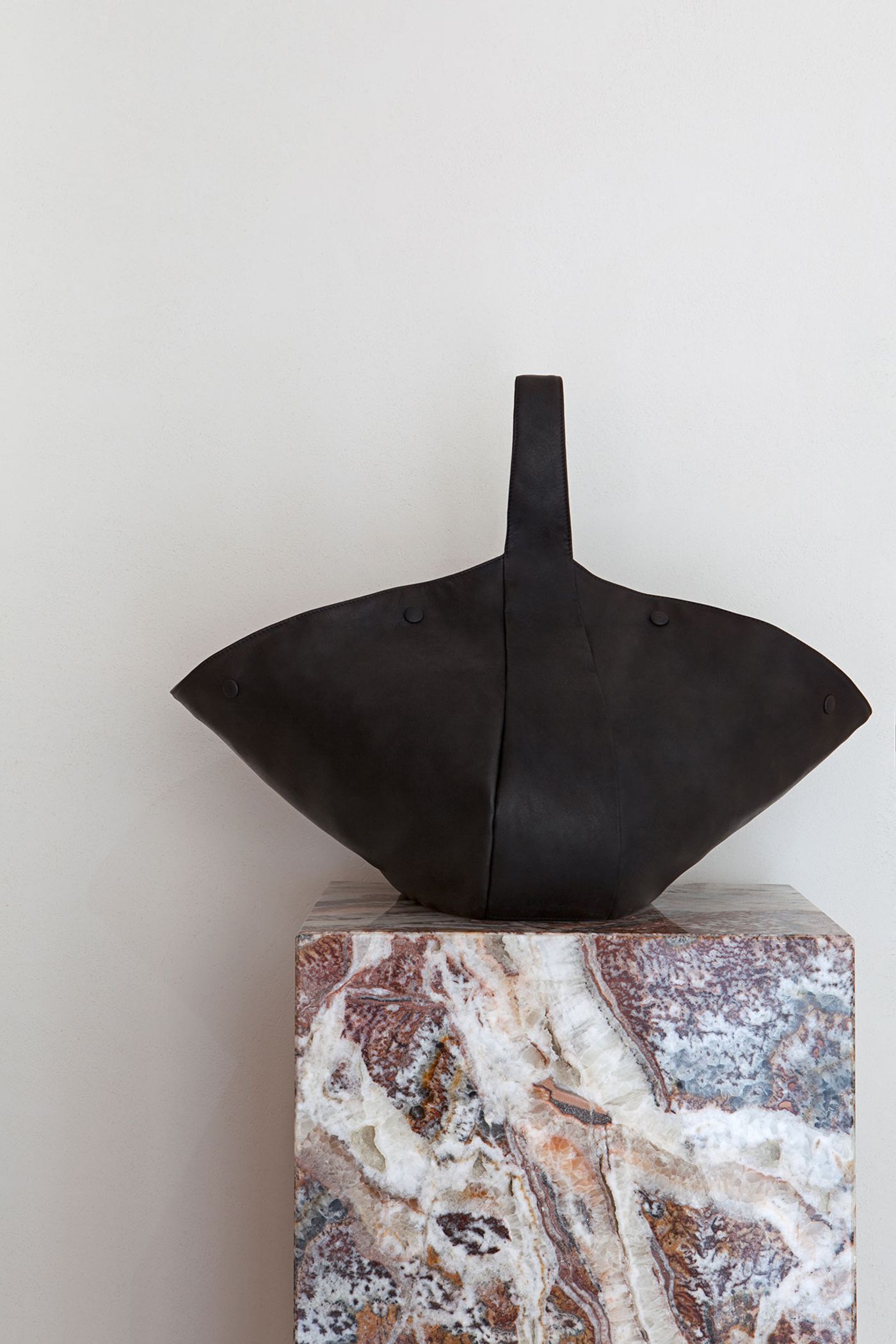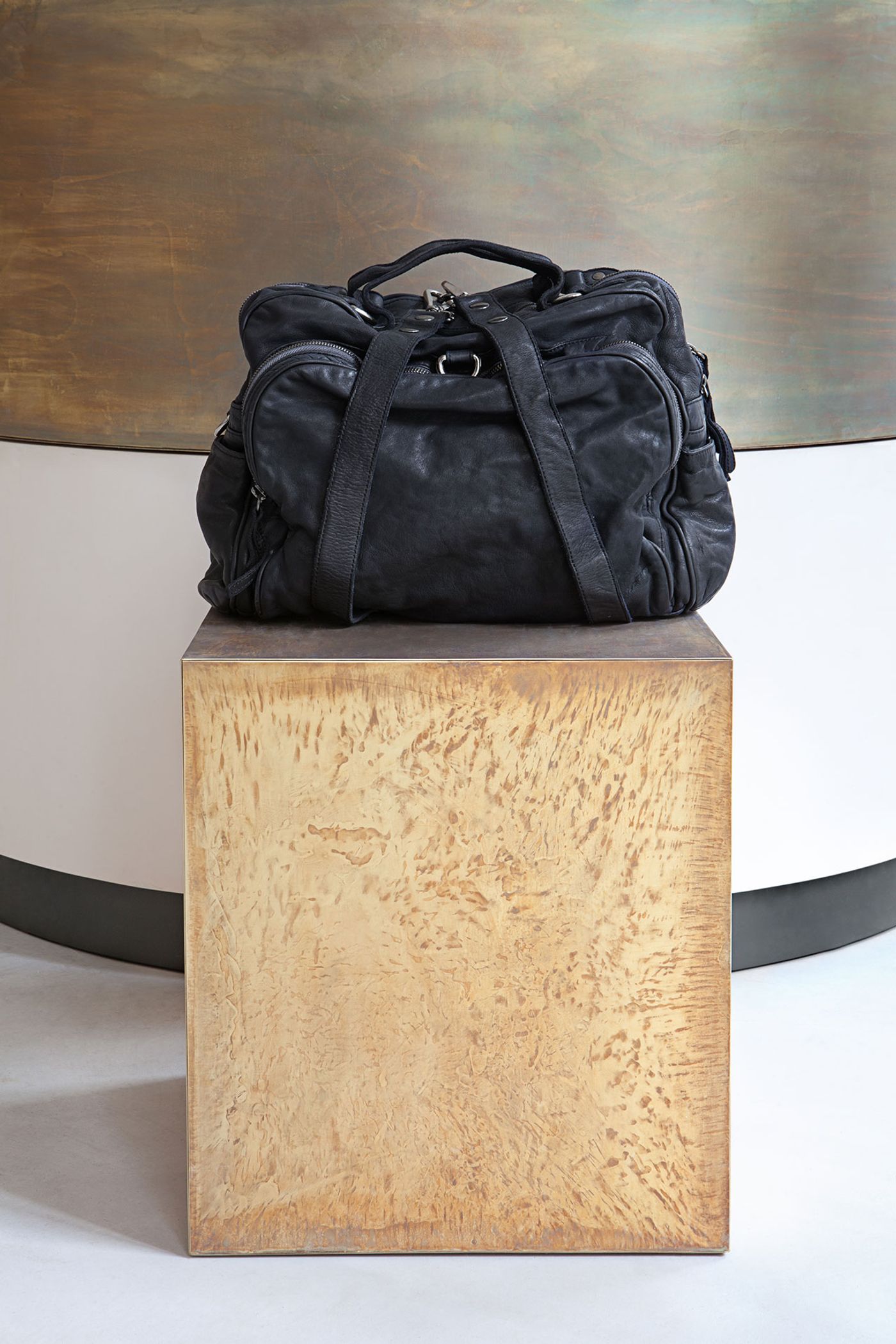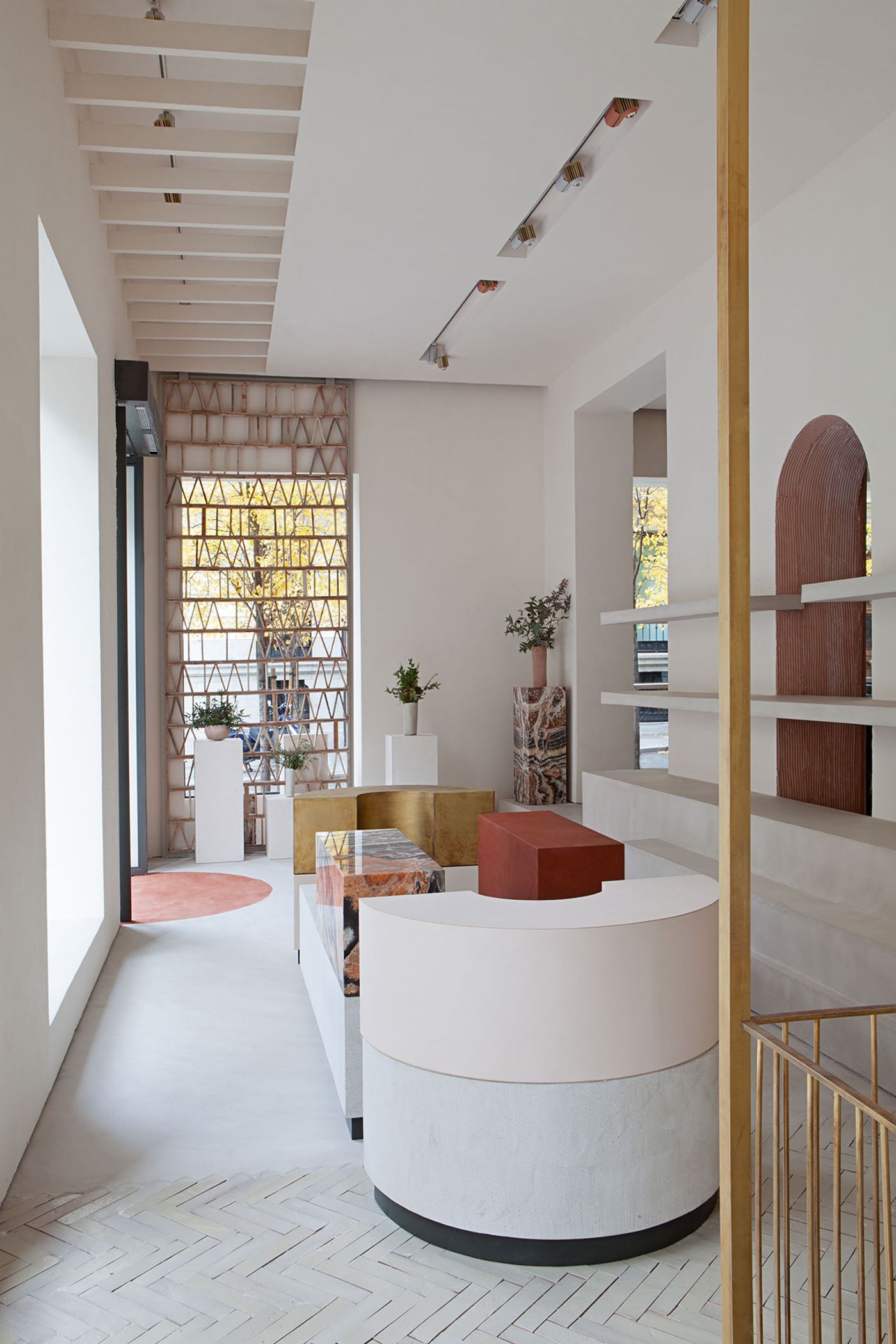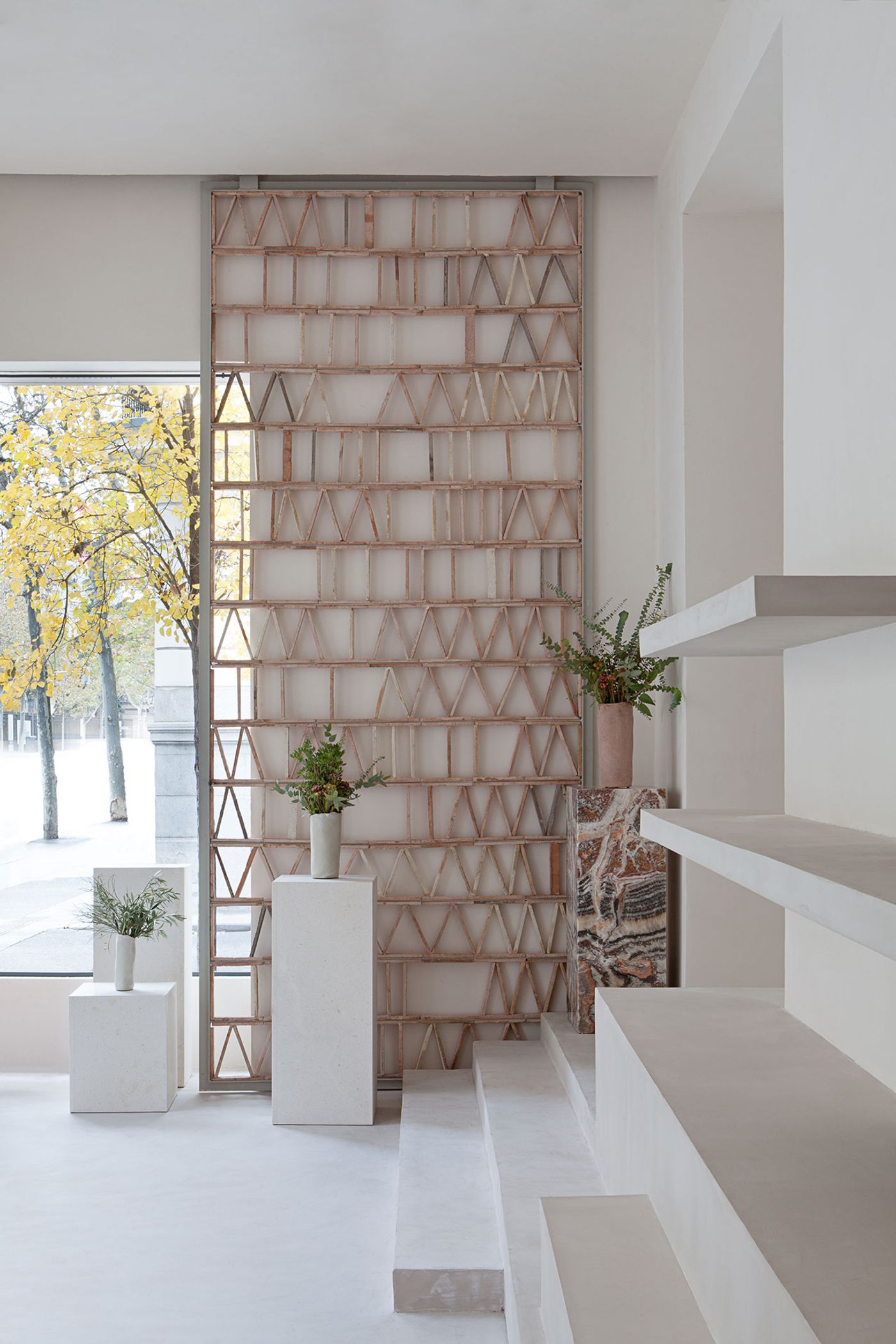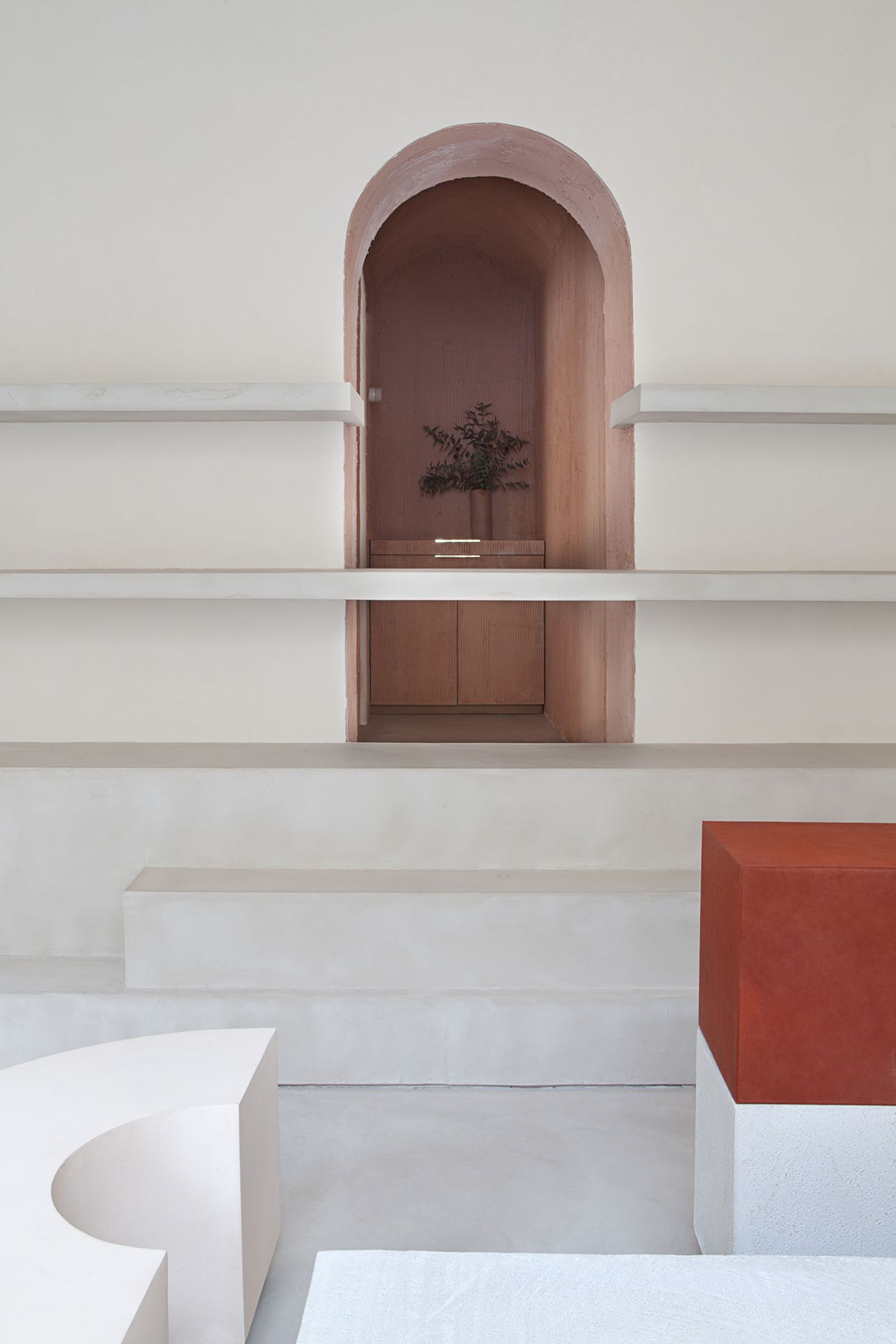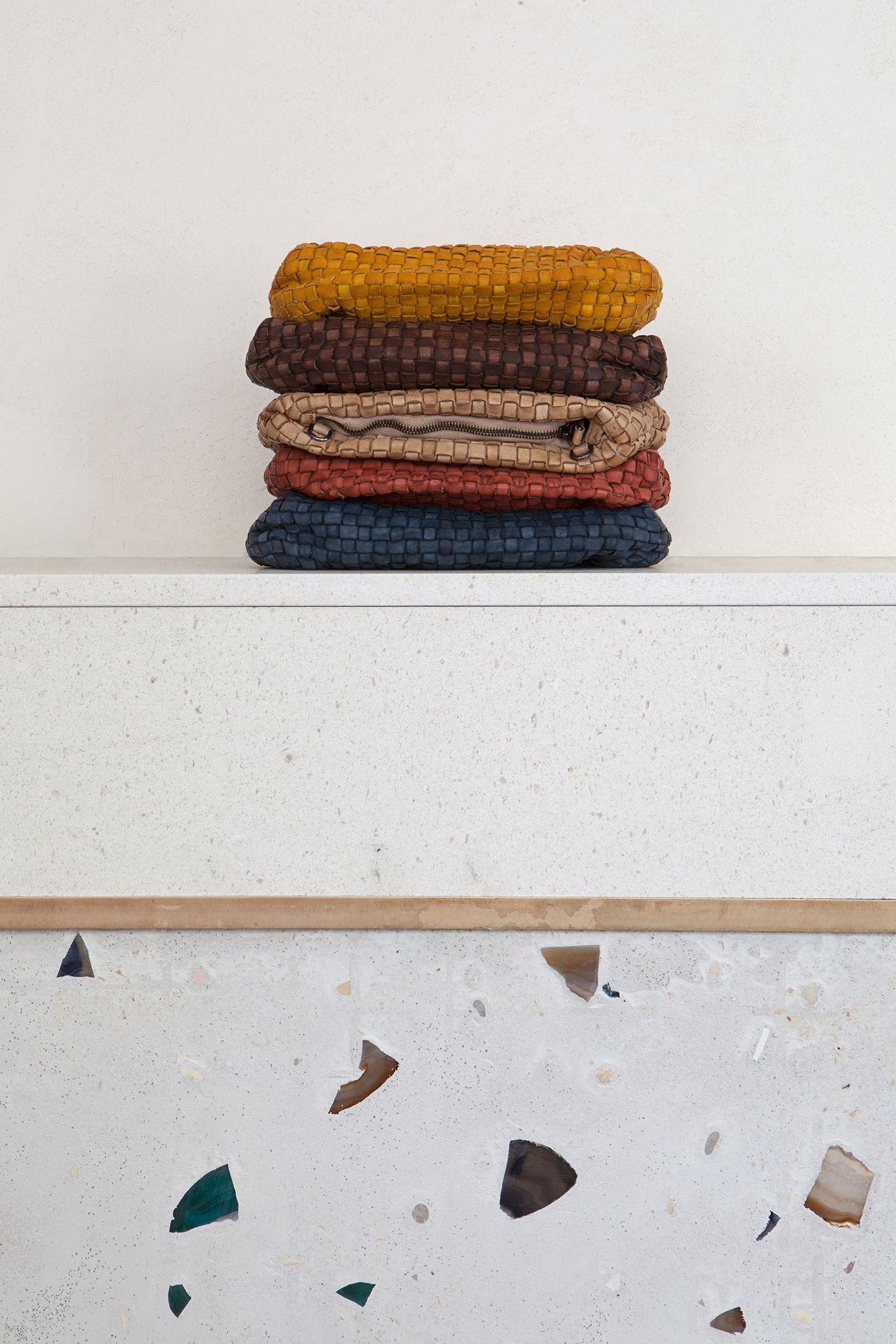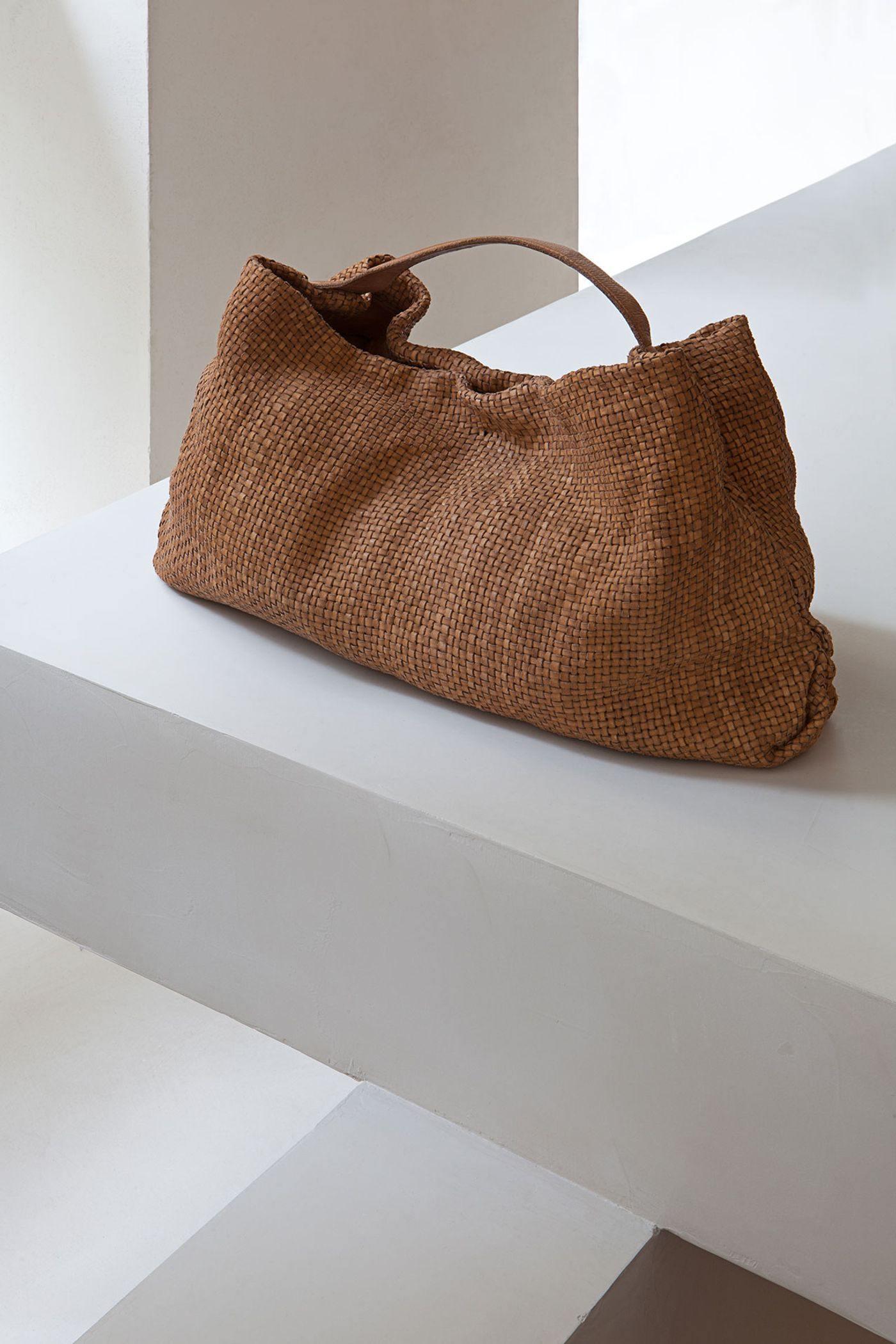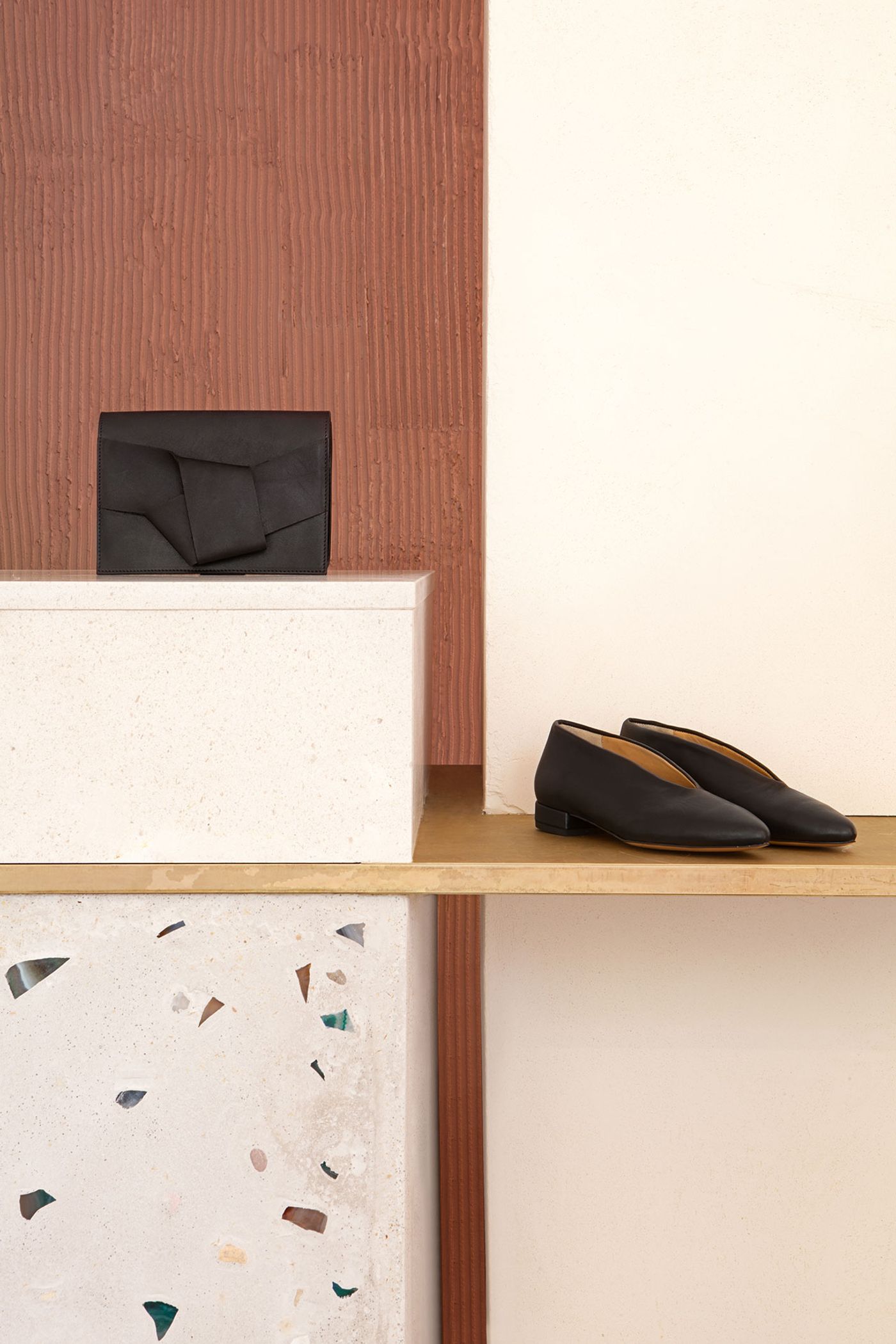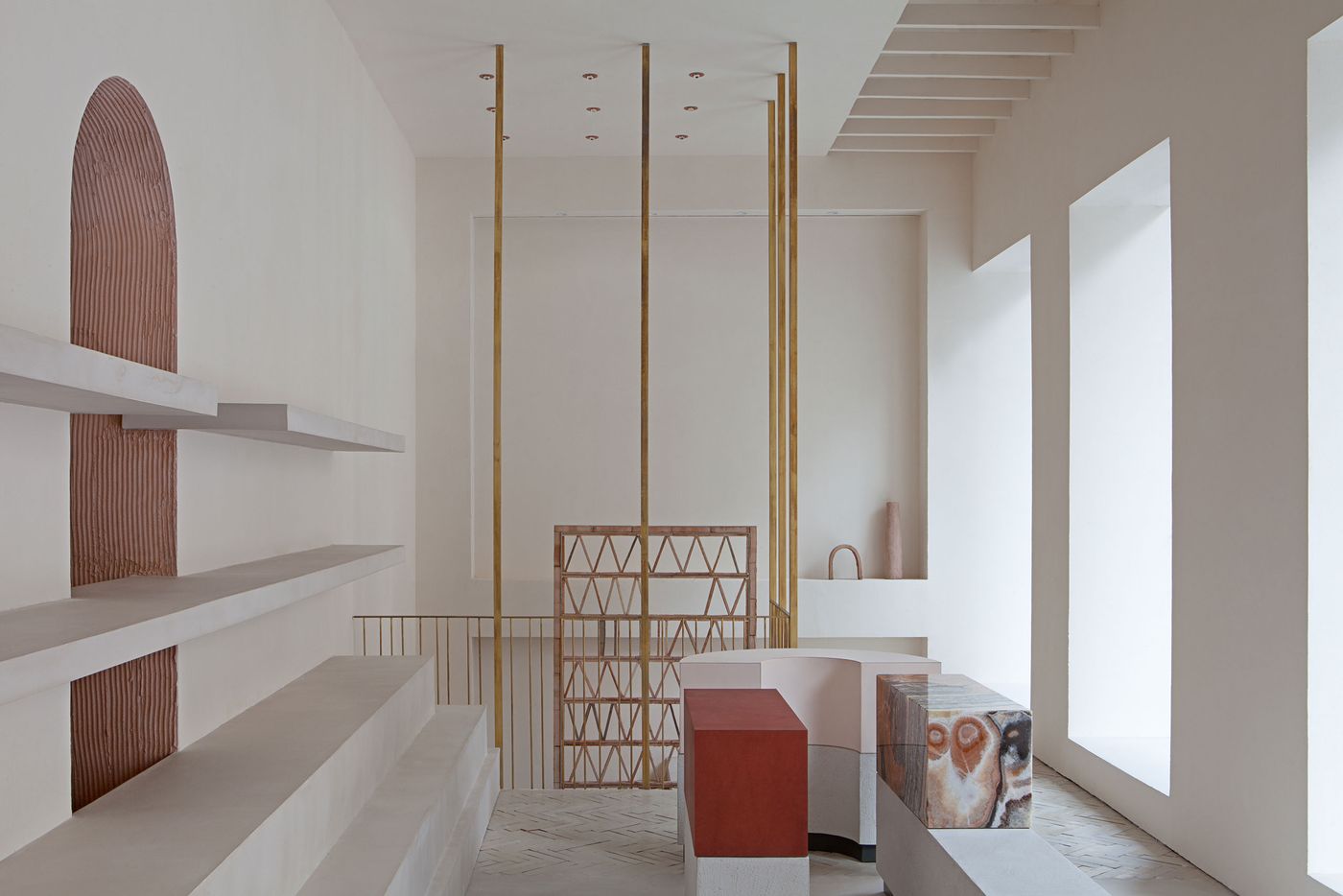
The Hand-Crafted Minimalism of Malababa's New Flagship Store
Words by Yatzer
Location
Madrid, Spain
The Hand-Crafted Minimalism of Malababa's New Flagship Store
Words by Yatzer
Madrid, Spain
Madrid, Spain
Location
Located in Calle de Serrano, the epicentre of Madrid’s high-end shopping where international luxury brands meet artisanal boutiques and designer shops, the new flagship store of Spanish leather goods house Malababa eschews the sleek glamour and loud braggadocio of the typical luxury retail experience for an unrefined elegance of natural textures and hand-made craftsmanship that embodies the brand’s design philosophy.
Founded in 2000 by Ana Carrasco and Jaime Lara, Malababa’s shoes, bags and other leather accessories are bohemian yet chic, characterized by an unpretentious beauty that stems from an authentic passion for their craft and a deep respect for the natural materials they use in their creative process. The new store, which has been conceived and developed by Carrasco and Lara in collaboration with local architecture and design studio Ciszak Dalmas and Madrid-based, Italian architect Matteo Ferrari, epitomize the brand’s core values of hand-crafted quality, authenticity and sustainability.
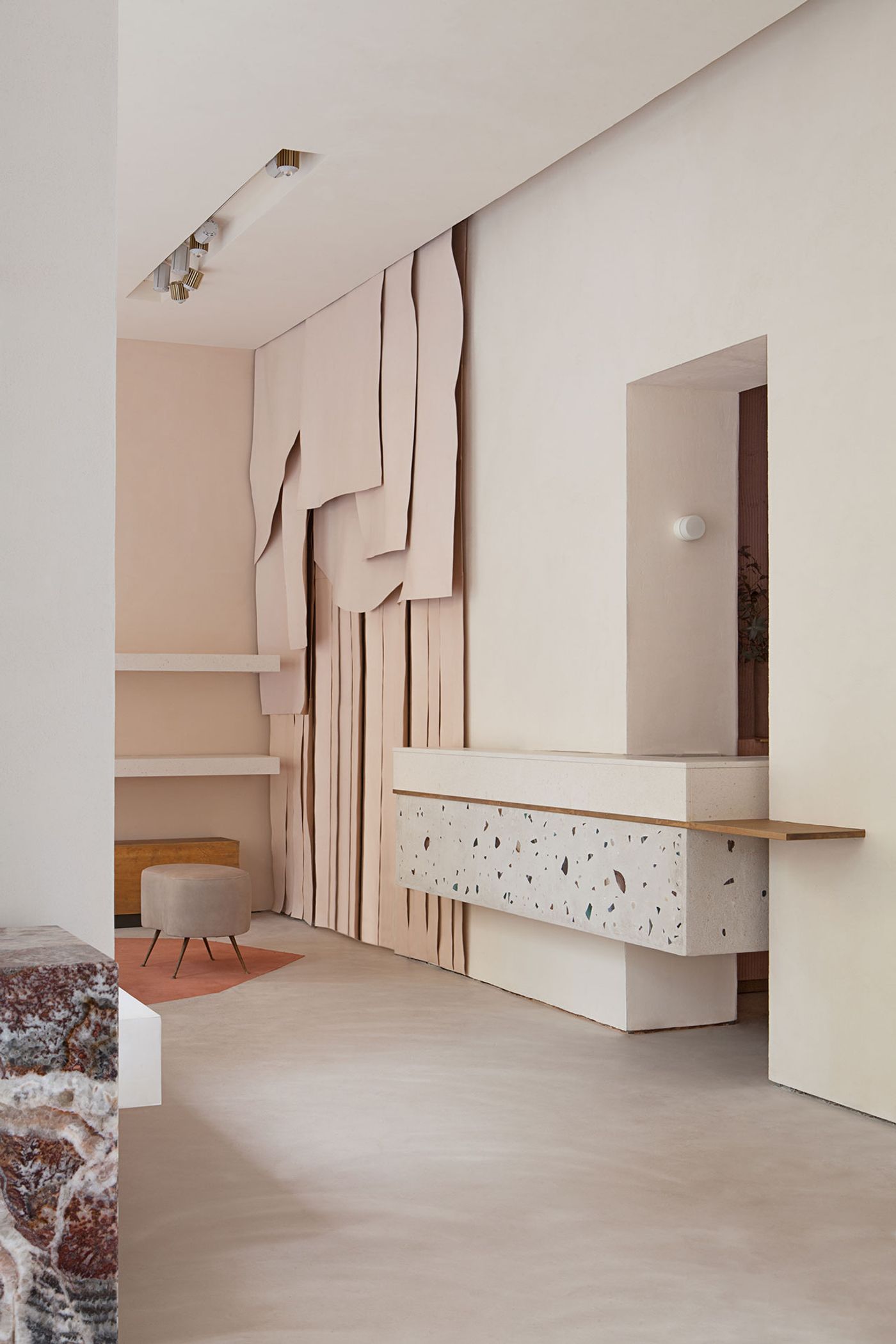
Photo by Asier Rua.
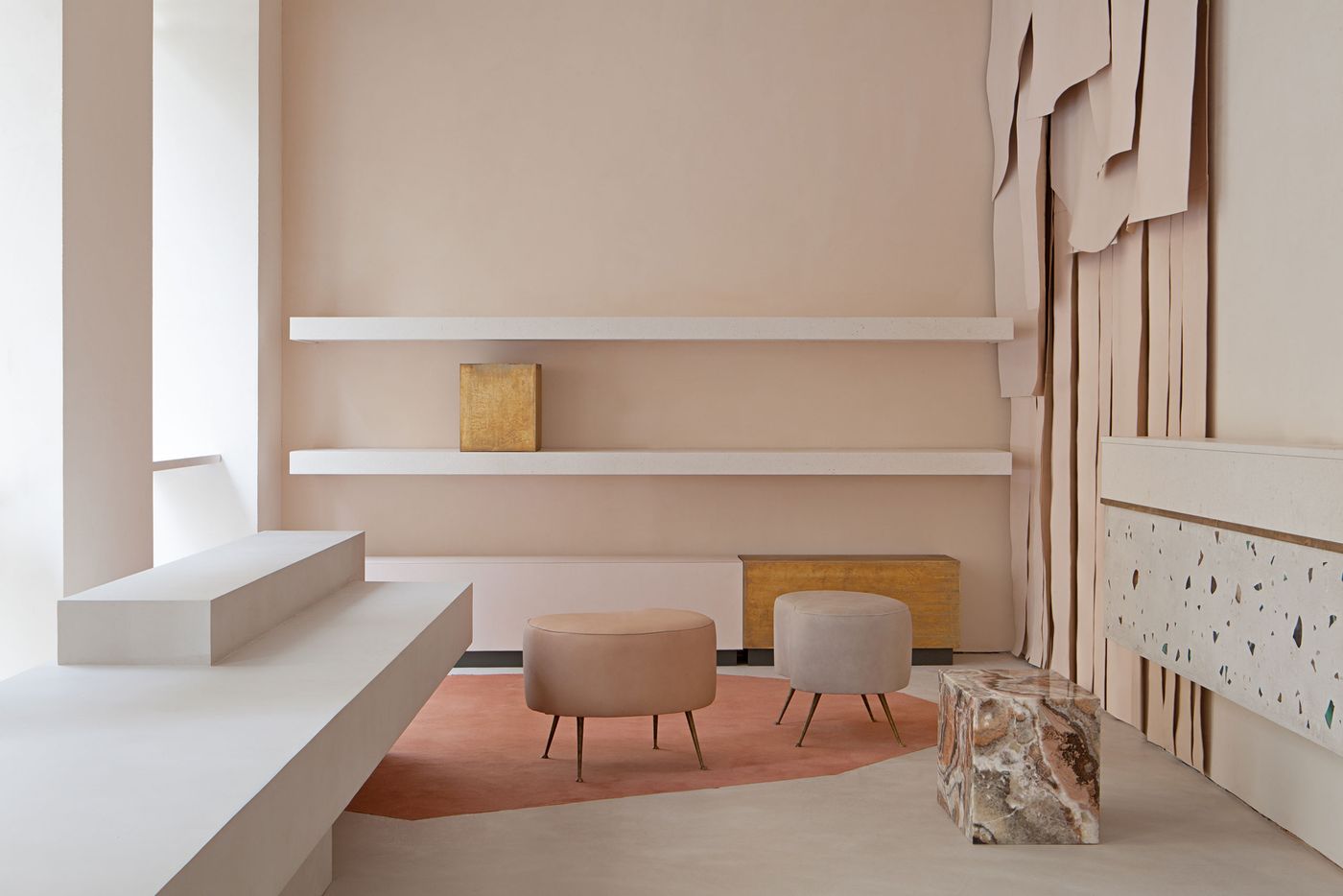
Photo by Asier Rua.

Photo by Asier Rua.

Photo by Asier Rua.
The store’s minimalist interior design stems from a desire to showcase the raw beauty of natural materials such as terrazzo, stone and brass and of course leather, and the need for modularity to facilitate the shifting demands of merchandizing. Unfolding over two floors, the space is dominated by a neutral palette of pale skin tones, exemplified by the coloured-washed walls that are rendered with a mix of Galician clay, white marble powder from Almería and natural, ecological and non-toxic food thickeners. This kind of finish not only evinces an unrefined, modest elegance but on a practical level it also regulates air moisture and temperature, making sure the space is free of bacteria and harmful microorganisms.
The neutral tones are further enhanced by the use of eco-cement, a fully sustainable surface coating that is used throughout the store, and limestone from Seville, used for the modular display blocks, as well as by a bespoke leather curtain that drapes one of the walls. Created by Malababa master craftsman Osvaldo Ruben Thomas, the curtain is made out of large pieces of vegetable tanned cowhide leather, the same material used in some of the brand’s collections, which have been unevenly hand-cut, creating an artistic installation that impresses with its geometric abstraction.
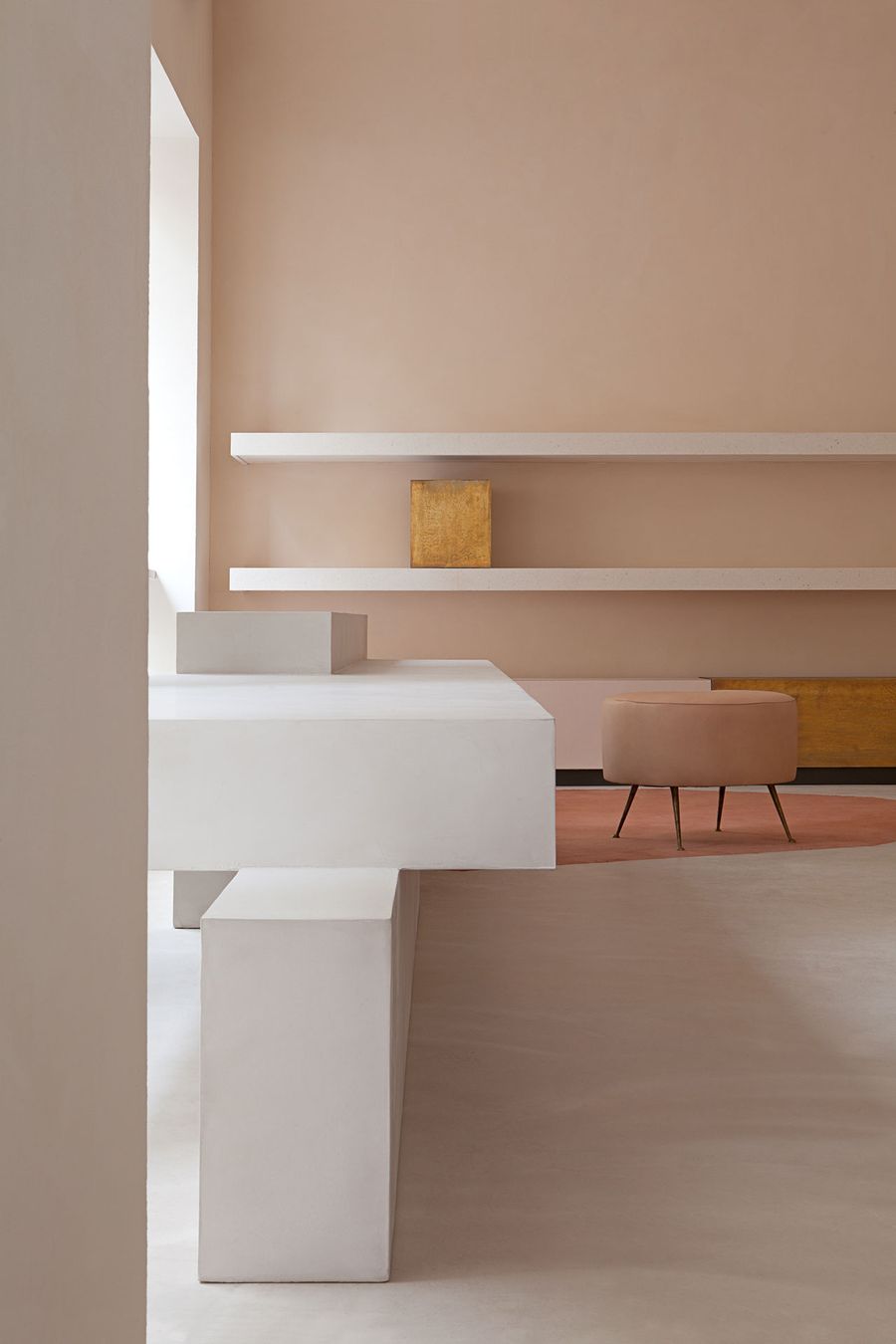
Photo by Asier Rua.
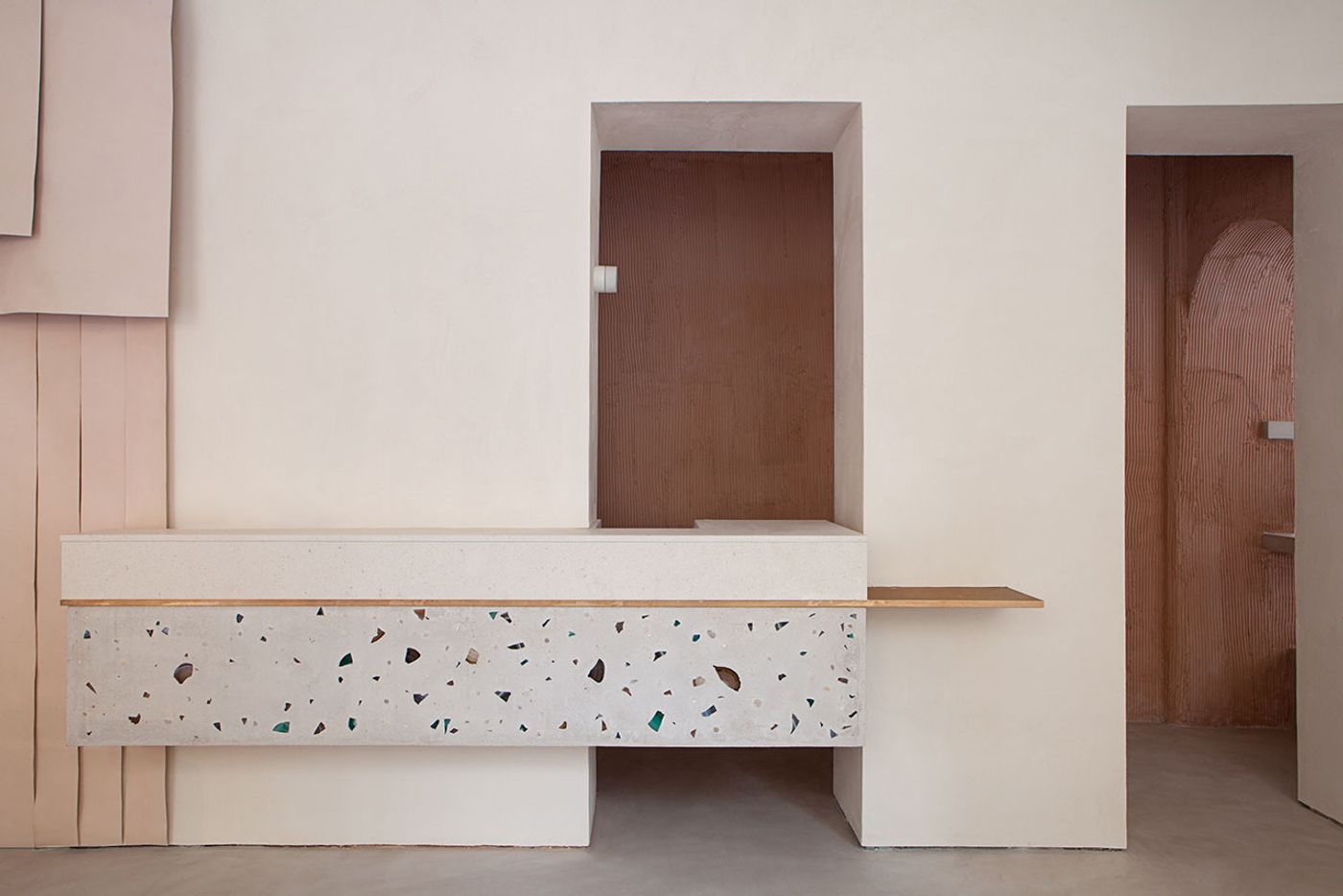
Photo by Asier Rua.
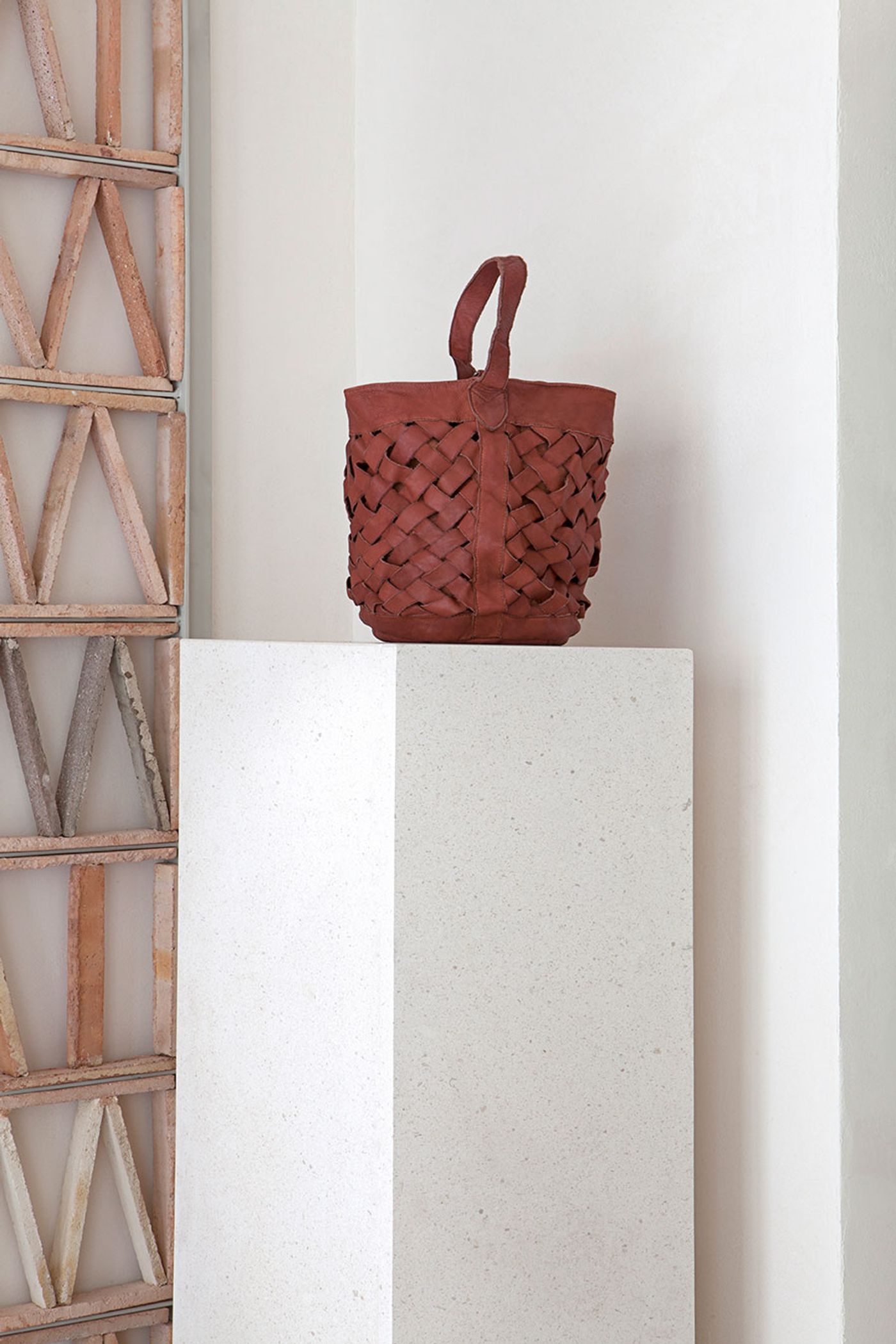
Photo by Asier Rua.
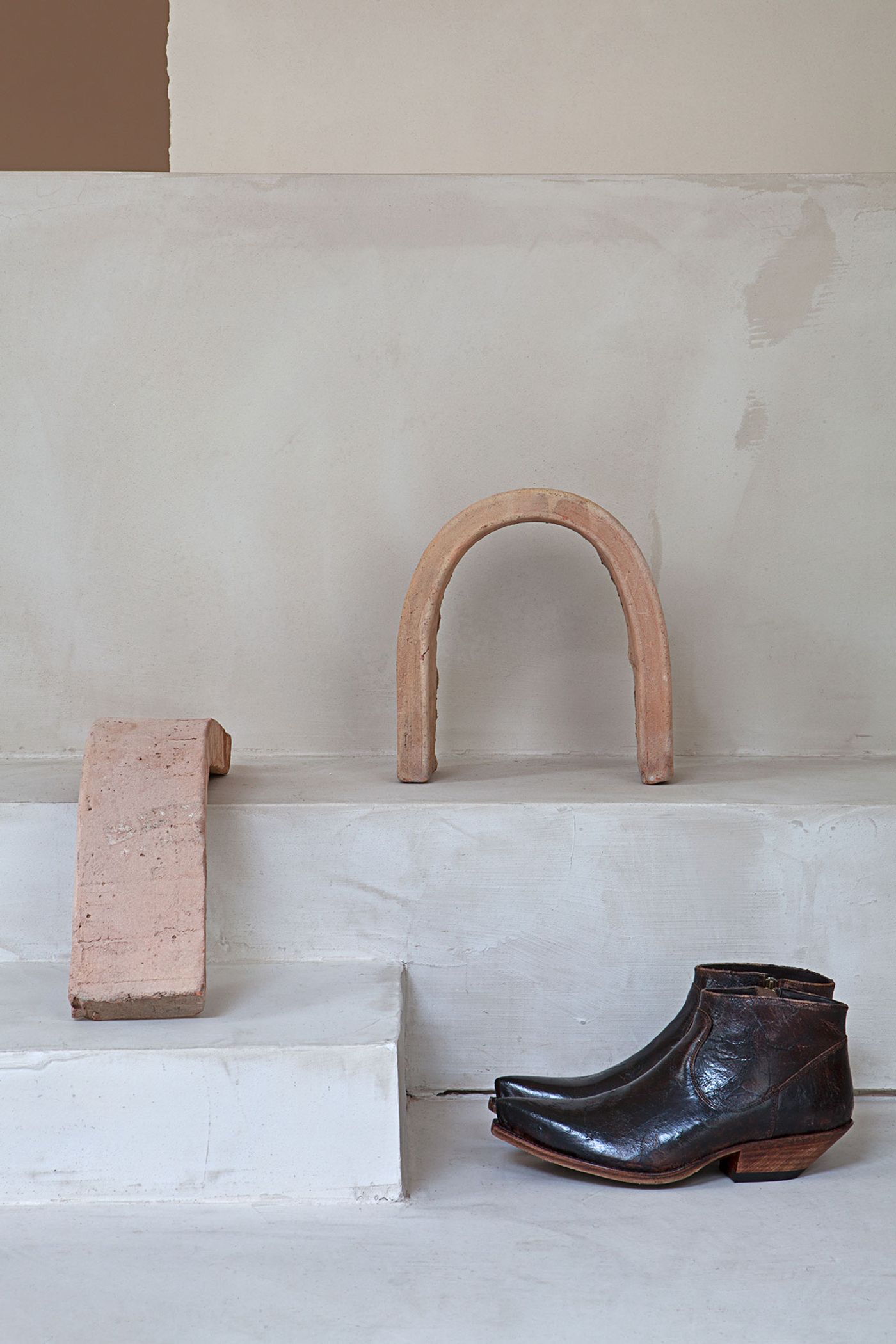
Photo by Asier Rua.
The visual language of geometric abstraction is also picked up by the design of the modular display system which consists of solid blocks of varying shapes, which can be arranged at will, and sparse shelving. The most eye-catching of these insertions are the blocks made out of aged brass and those crafted with agate, a crystalline mineral, both puncturing the enveloping pale hues with their brashness. Agate in particular is not an unfamiliar material to Malababa as it is used to create unique clasps for its Minihontas and Nanohontas bags, the semi-precious gemstone’s psychedelically coloured glossiness sumptuously juxtaposed with monochrome leather softness.
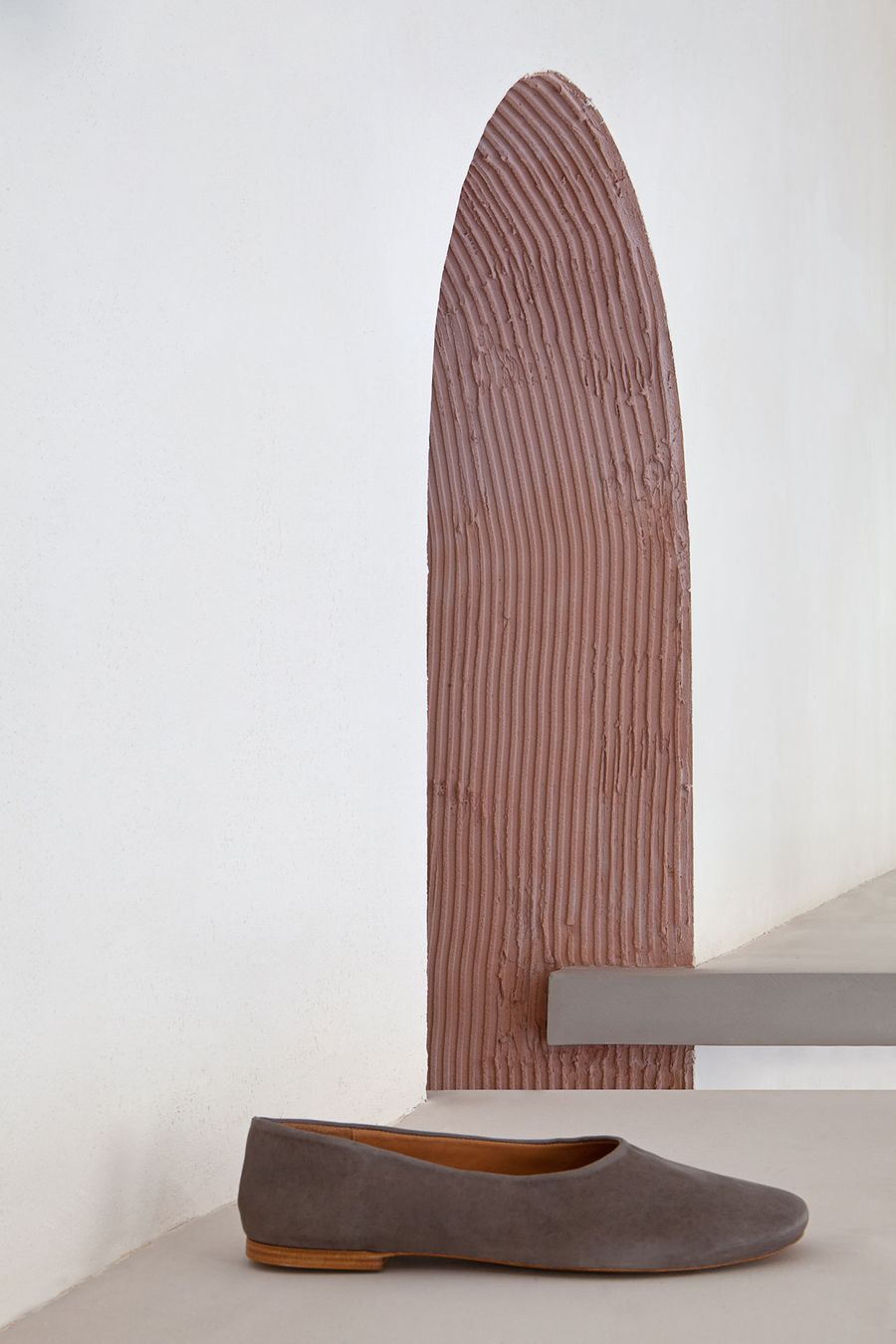
Photo by Asier Rua.
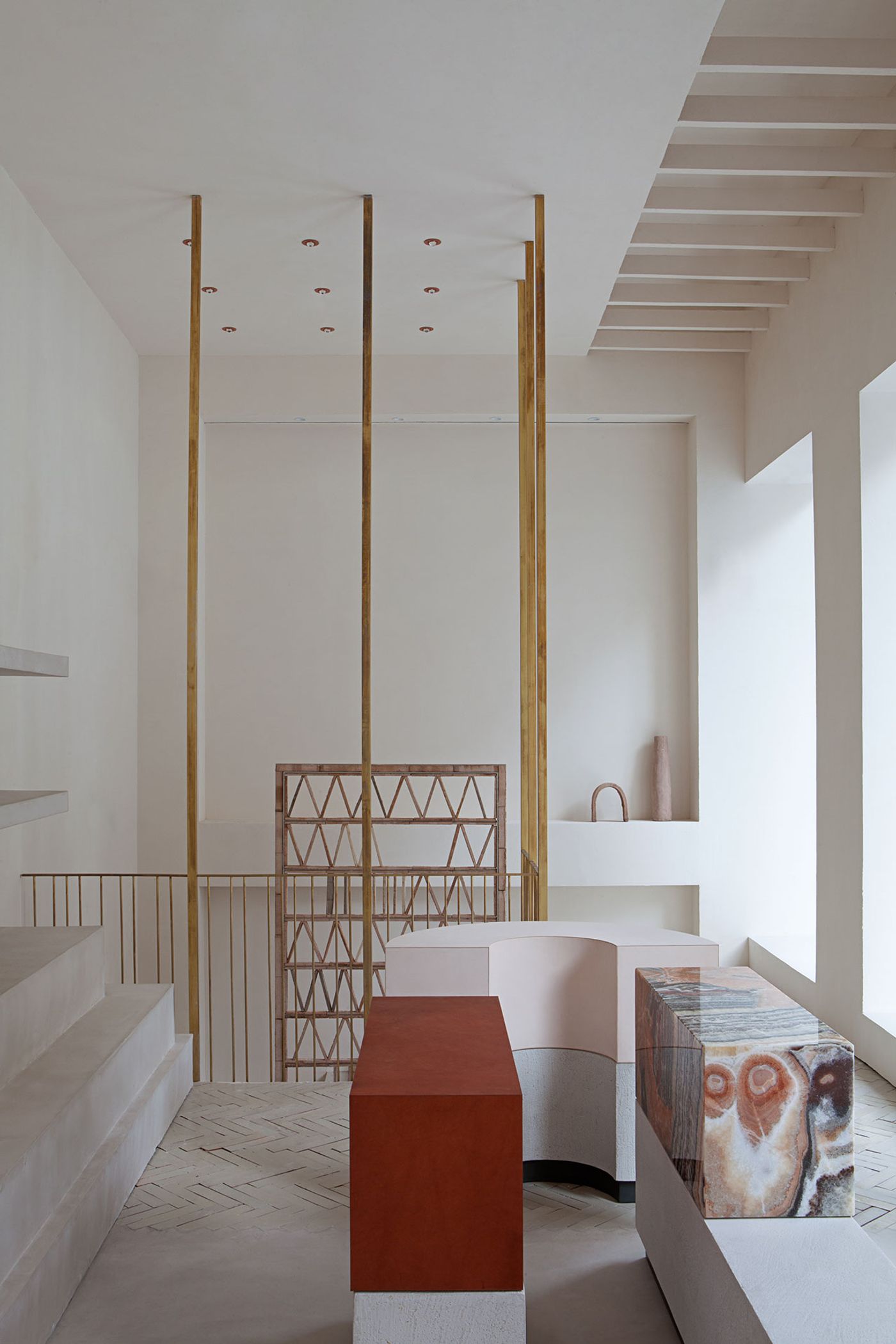
Photo by Asier Rua.
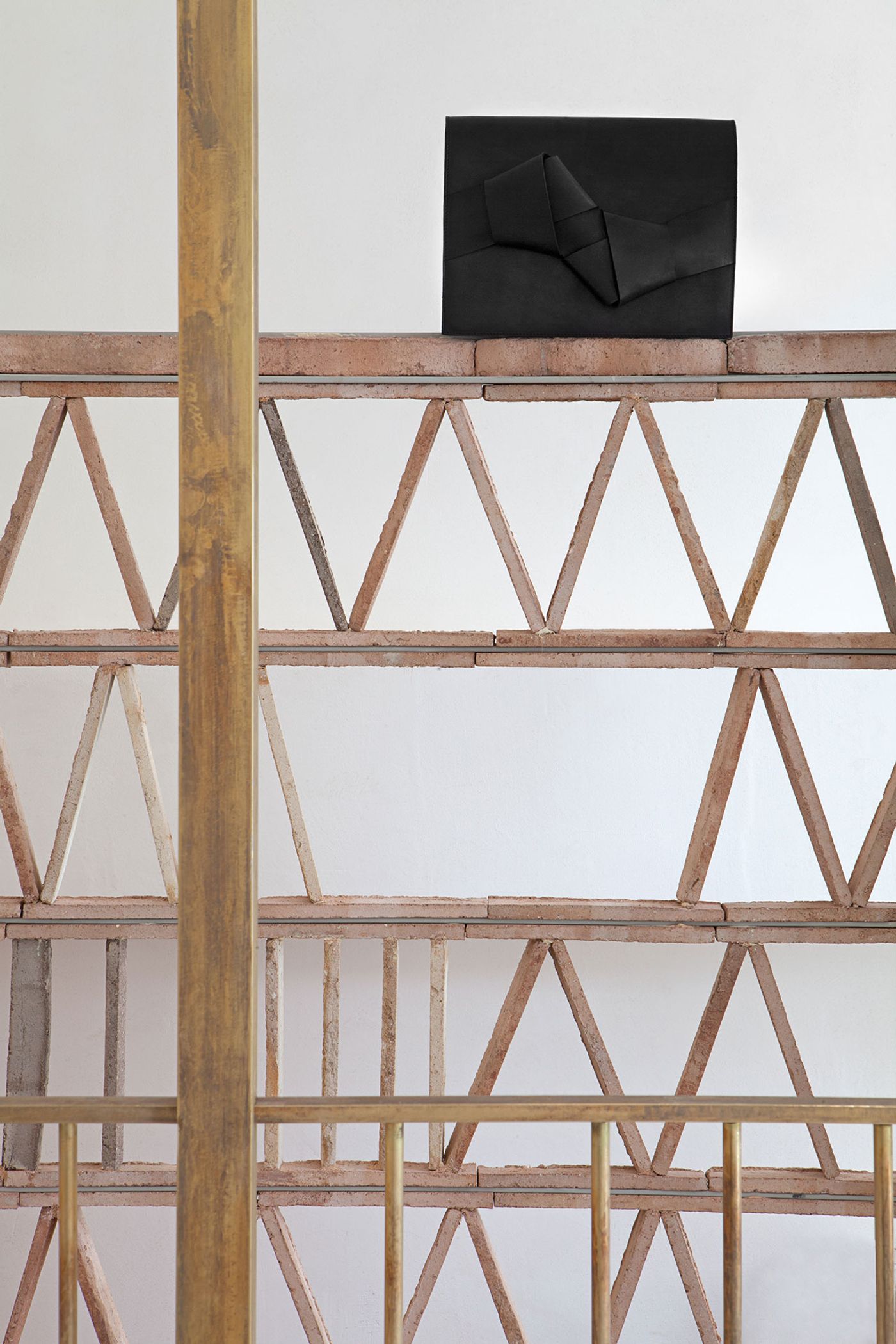
Photo by Asier Rua.
Brass is also creatively used for the slim staircase balustrade as well as the store’s sales counter, sandwiched between two blocks of terrazzo and limestone. Meanwhile, the use of clay gives out a softer, earthy sensation especially when rendered in a hand-combed finish, its striated coarseness harmoniously juxtaposed with the smooth softness of the limestone and coloured-washed surfaces.
However, it is the clay tiles that make up the decorative lattice installations that prove to be the most indicative component of the brand’s hand-crafting skills. Manufactured in Toledo by local artisans and ecologically baked by burning biomass, the tiles were patiently assembled piece by piece into beautiful screens that adorn the store. Their untreated, natural texture, in conjunction with their simple yet sophisticated composition, perfectly encapsulate the Malababa design ethos.
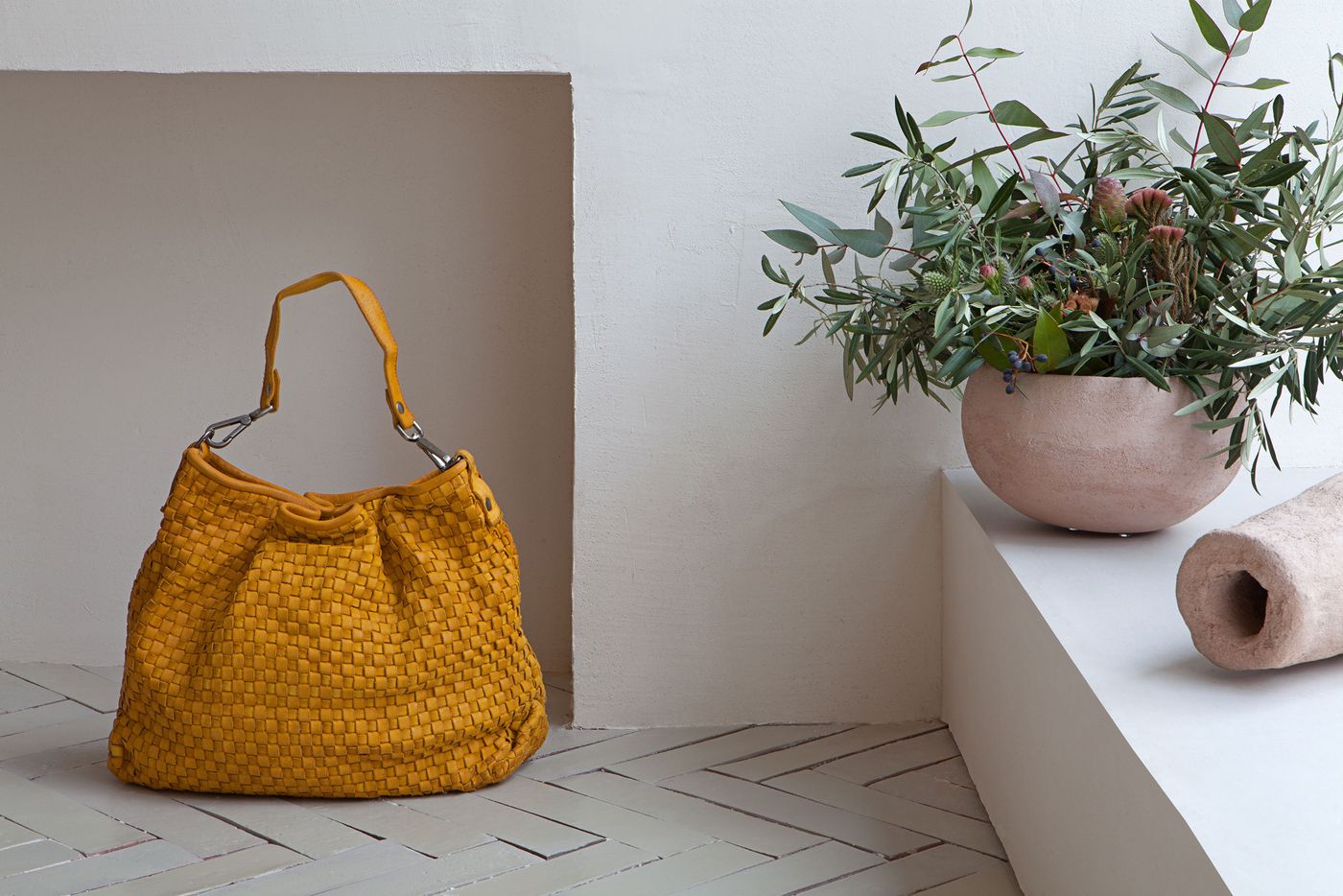
Photo by Asier Rua.

Photo by Asier Rua.
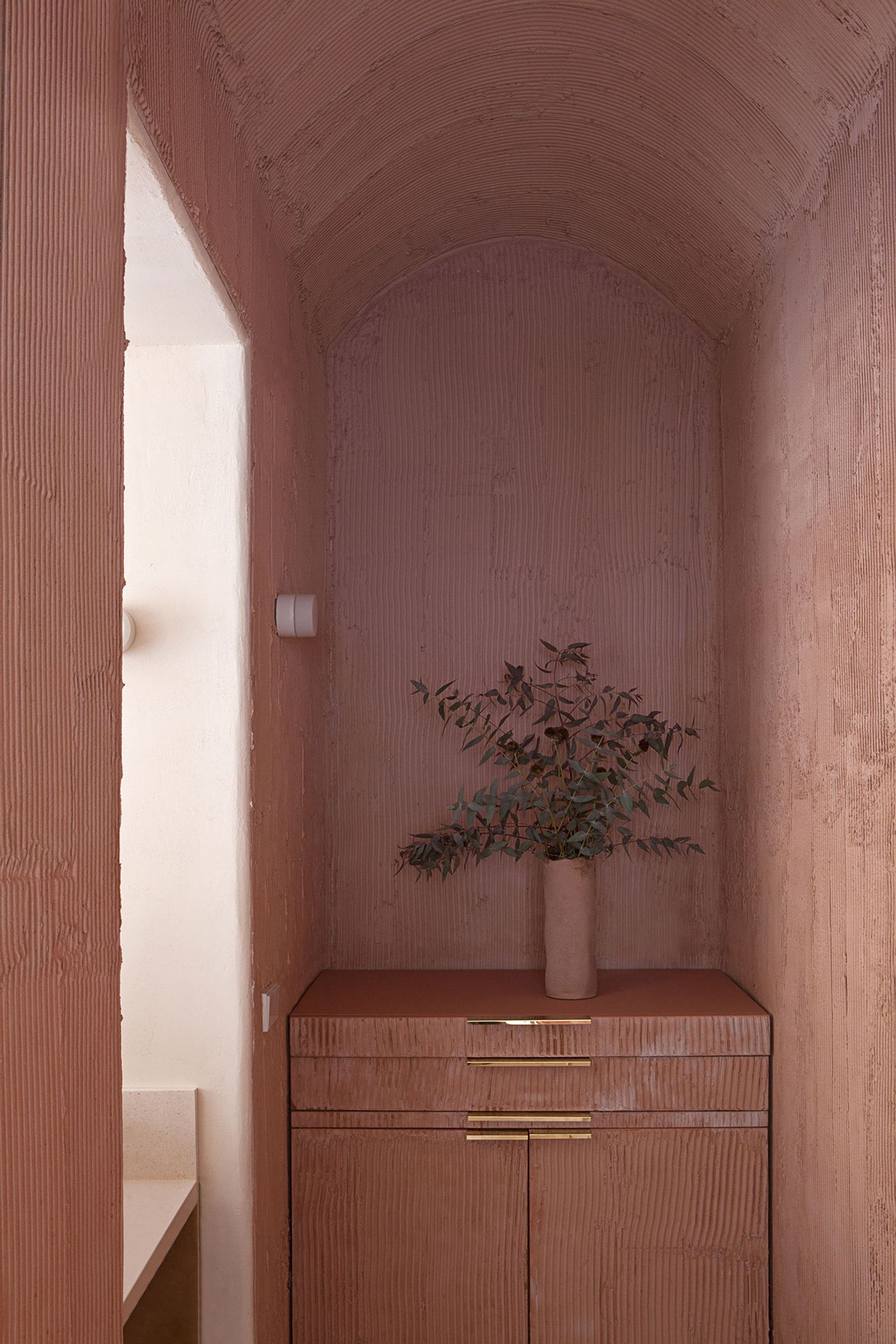
Photo by Asier Rua.
